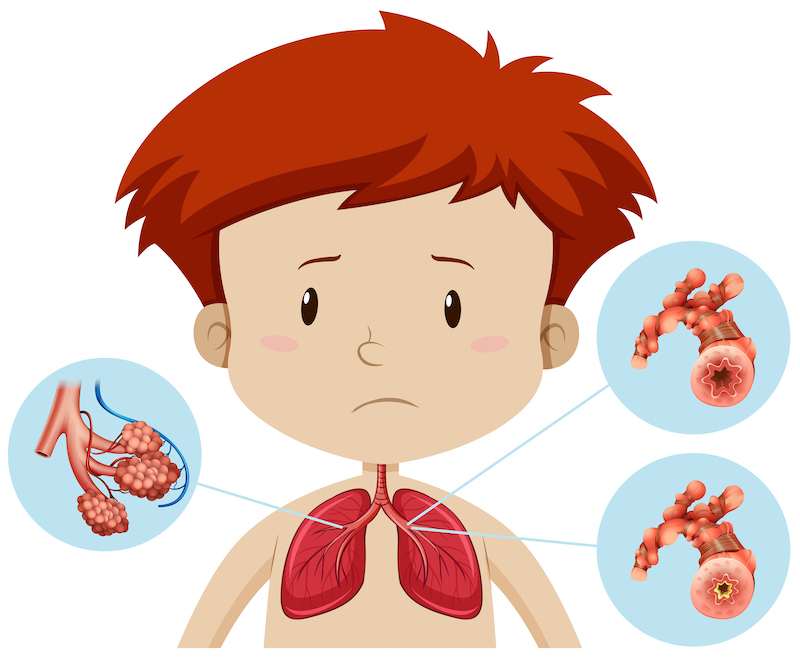Weaning is the process through which newborn transitions from breast milk to other sources of nutrition. Weaning your baby is a process that requires both you and your baby to be patient and understanding.
It’s a personal choice when it comes to weaning. A mother’s decision may be impacted by a return to work, her or her child’s health, or simply a sense that the time is right.
Before weaning your child off formula or nursing, make sure to consult with their pediatrician. Doctors recommend looking for specific signals that a baby is ready to stop nursing or drinking from a bottle.
Let’s look at some signs that indicate it’s time for weaning a baby:
-
The baby eats his hands and toys with his mouth.
-
They can sit on their own.
-
The baby wants to be breastfed or given formula regularly.
-
The baby’s weight has more than doubled since birth.
-
The solid food you’re eating seems to pique the baby’s attention.
-
When he observes others eating, the infant opens his lips.
-
The baby can keep his head firm and straight.
Approaches to Weaning
Weaning should be done gradually to allow both mom and baby to acclimate physically and emotionally to the transition.
Dropping one feeding session per week until your child takes all of their feeds from a bottle or cup is one option. You’ll need to pump to keep your milk production up if you want to feed your infant pumped breast milk. Slowly decreasing feeding might help prevent engorgement when weaning your child off breast milk.
Some mothers delegate the decision of when to wean their children to them. Children who eat three full meals every day (including snacks) are less likely to nurse. A mother’s milk will dry up due to a lack of demand in that situation, and she will need to pump to keep the milk flowing. If your child isn’t getting enough iron from nursing, ensure they get enough iron-fortified formula or milk. Consult your doctor to determine how much your child should receive.
You’ll need to give your infant formula if they wean before the age of one year or if you don’t produce enough milk. Consult your doctor to determine which formula is best for your child. You can start introducing solid foods to your infant if he or she shows these symptoms and your doctor thinks it’s okay. Weaning a baby does not follow a set schedule.
Depending on the infant, it can take anywhere from a few weeks to a few months.
Conclusion
Weaning is a difficult decision for many mothers. However, weaning gives a child more freedom and flexibility, and the satisfaction of achieving a goal. On the other hand, nursing is a private activity that builds a profound link between mother and child, which some women find difficult to let go of.
Expect a whole variety of emotions, and know that your child may experience them as well. Also, keep in mind that there will be many other opportunities to nurture your child in the days ahead.
![]()











